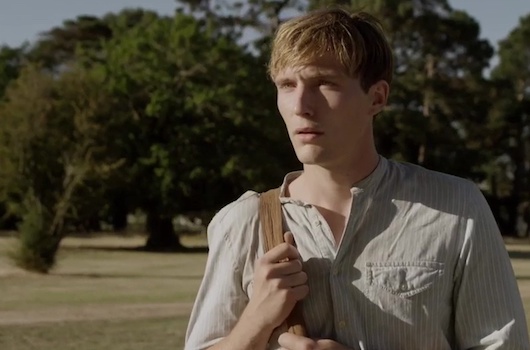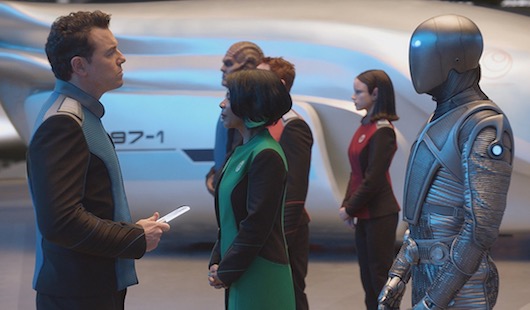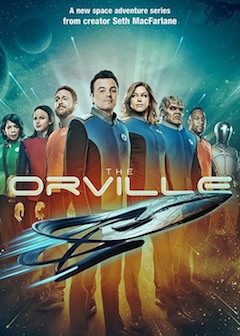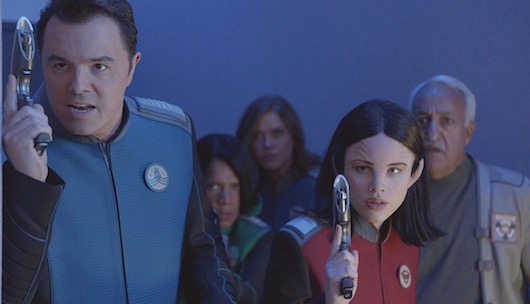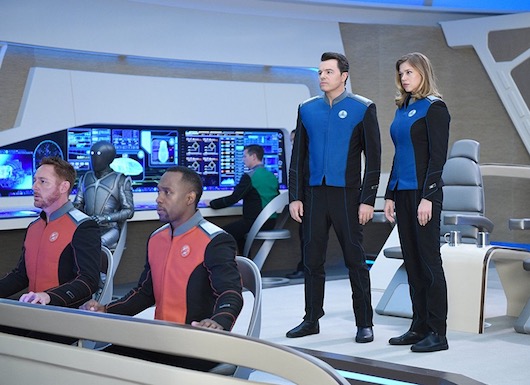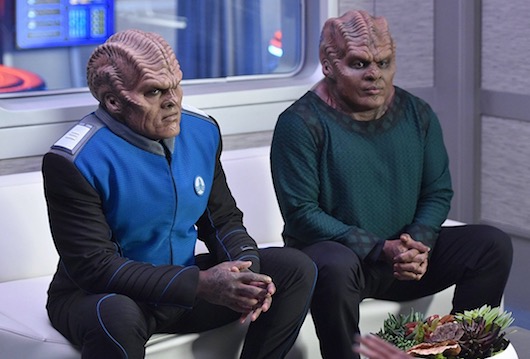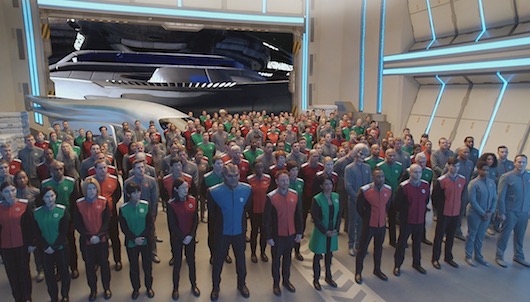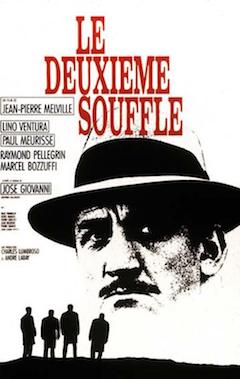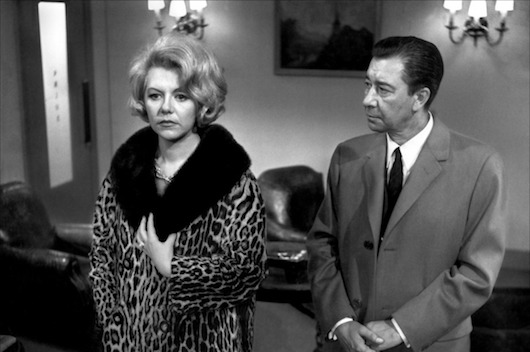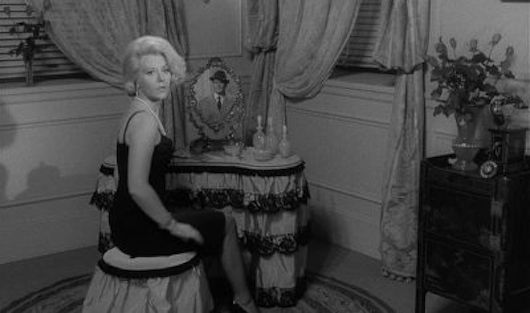 TV
TV In Which We Return Almost Completely To Ourselves
 Saturday, September 16, 2017 at 8:37AM
Saturday, September 16, 2017 at 8:37AM 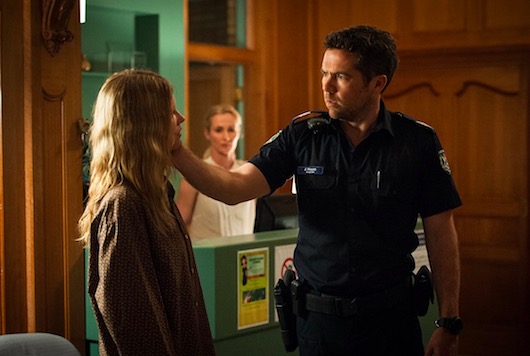
Death Became Them
by ETHAN PETERSON
Glitch
creators Louise Fox & Tony Ayres
Netflix
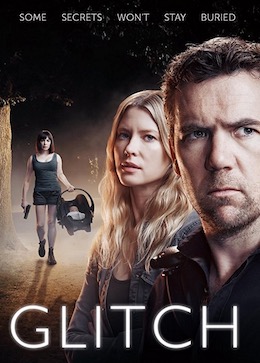 The worst thing I can ever imagine has happened to Australian police officer James Hayes (Patrick Brammell). After his perfect-looking blonde wife Kate (Emma Booth) dies of breast cancer, he remarries shortly thereafter, falling in love with an annoying brunette named Sarah (Emily Barclay). She becomes pregnant with his child, a blessing he could never achieve with his one true love.
The worst thing I can ever imagine has happened to Australian police officer James Hayes (Patrick Brammell). After his perfect-looking blonde wife Kate (Emma Booth) dies of breast cancer, he remarries shortly thereafter, falling in love with an annoying brunette named Sarah (Emily Barclay). She becomes pregnant with his child, a blessing he could never achieve with his one true love.
What's so bad about that, you're saying to yourself as you wait for a burrito bowl to be prepared for you. One woman is great; a second pregnant one is usually better. I mean, there is a lot wrong in this scenario, but the downgrade is not worst part. The worst part is, your wife reemerges from her grave looking better than ever, shocked and appalled that you moved on so fast from the most important relationship of your life.
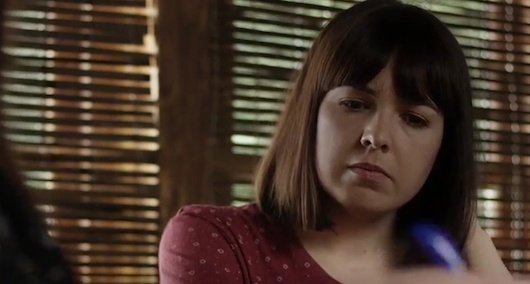
One of the most important aspects of Glitch is that you don't have to worry about the central mystery of the show being that everyone is actually dead, since most of the cast is in fact deceased. Dr. McKellar (Genevieve O'Reilly) is a stringy blonde lesbian, also herself deceased, who woke up in a morgue determined to continue her important research in cellular regeneration. Although this is all her fault, she has little in the way of answers for these freshly alive corpses.
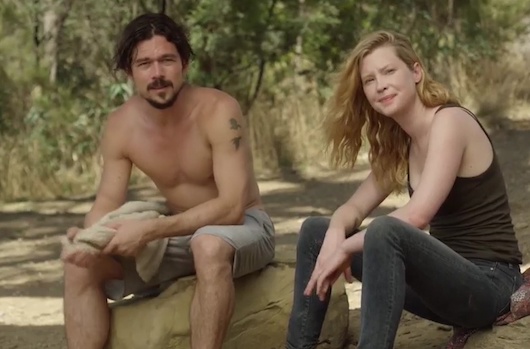
Some of the corpses hail from Australia's stinky, racist path, resulting in lengthy flashbacks where we view the misdeeds of plantation owners and wayward civil servants. Australia is such a usual and unusual country, and although most of Glitch takes place in a small town to which this group of survivors is confined by a strange invisible boundary, we get a full sense of the place as both familiar home and overwhelming outpost on the edge of the wild.
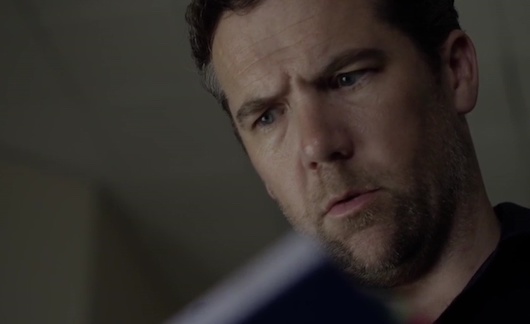
Patrick Brammell is the main peace officer in this town of Yoorana in southeastern Australia. Brammell has the unpleasant job of merely reacting plausibly to everything that is spinning around him. He cannot really admit to anyone what has taken place, and yet he views himself as a paragon of ethics. In most scenes his most central task is to prevent his head from splitting open in frustration. We are constantly waiting for him to snap.
His new wife Sarah is a quivering wet rag. She is one of the most unlikeable people that has ever existed on television. She uses every moment as an excuse to tear apart something in herself in others, and she is completely careless with the things she loves.
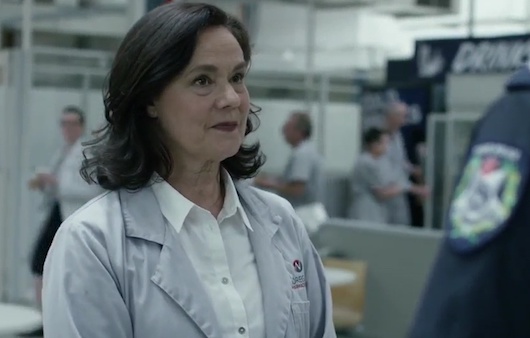
The real centerpiece of Glitch is Emma Booth's character Kate. In the first episodes of the show's second season, which will be arriving on Netlfix for global audiences this fall, she is finally finding herself as a non-dead person. Part of her would love to leave Yoorana forever, but since she is not able to do that, she has to find escape wherever she can. She is still in love with her husband, but instead of leaving his wife for her, as any sane individual would do, he chooses to stay with his new baby. He and his wife name the beautiful child Nia.
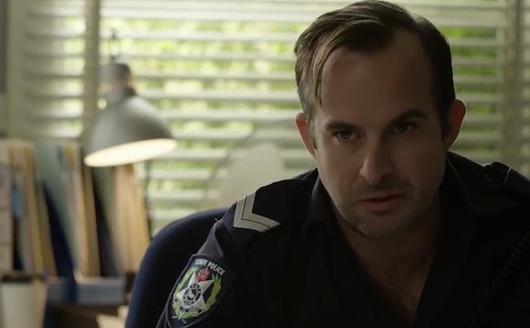
Television concepts like The Returned have brought to life the reverse Time and Again experience, a mirror universe Outlander. But only Glitch has imagined that people from the past might actually bring a new energy to the world of the present, rather than simply feeling completely lost when out of their own time.
Glitch is a fantastic, intense, frequently violent experience. Giving up on the premise, even for a single scene, would dramatically reduce the stakes. A good soap never drops its pretense, even for a moment. Showrunner Tony Ayres (the original Aussie version of The Slap) never lets the tension let up, and Louise Fox's scripts for this somewhat flimsy concept deftly explore every single aspect of what it means to be alive.
Ethan Peterson is the reviews editor of This Recording.
